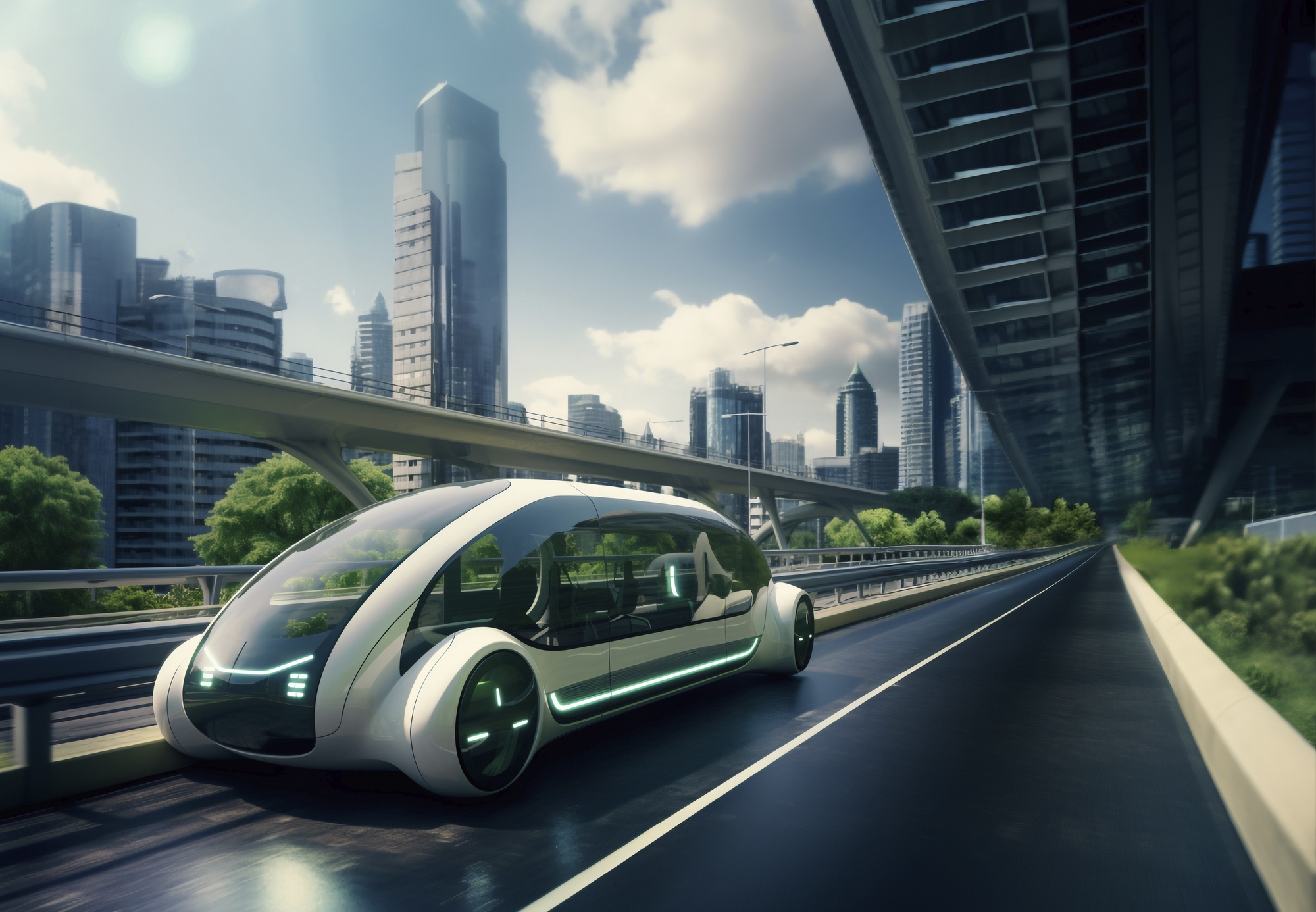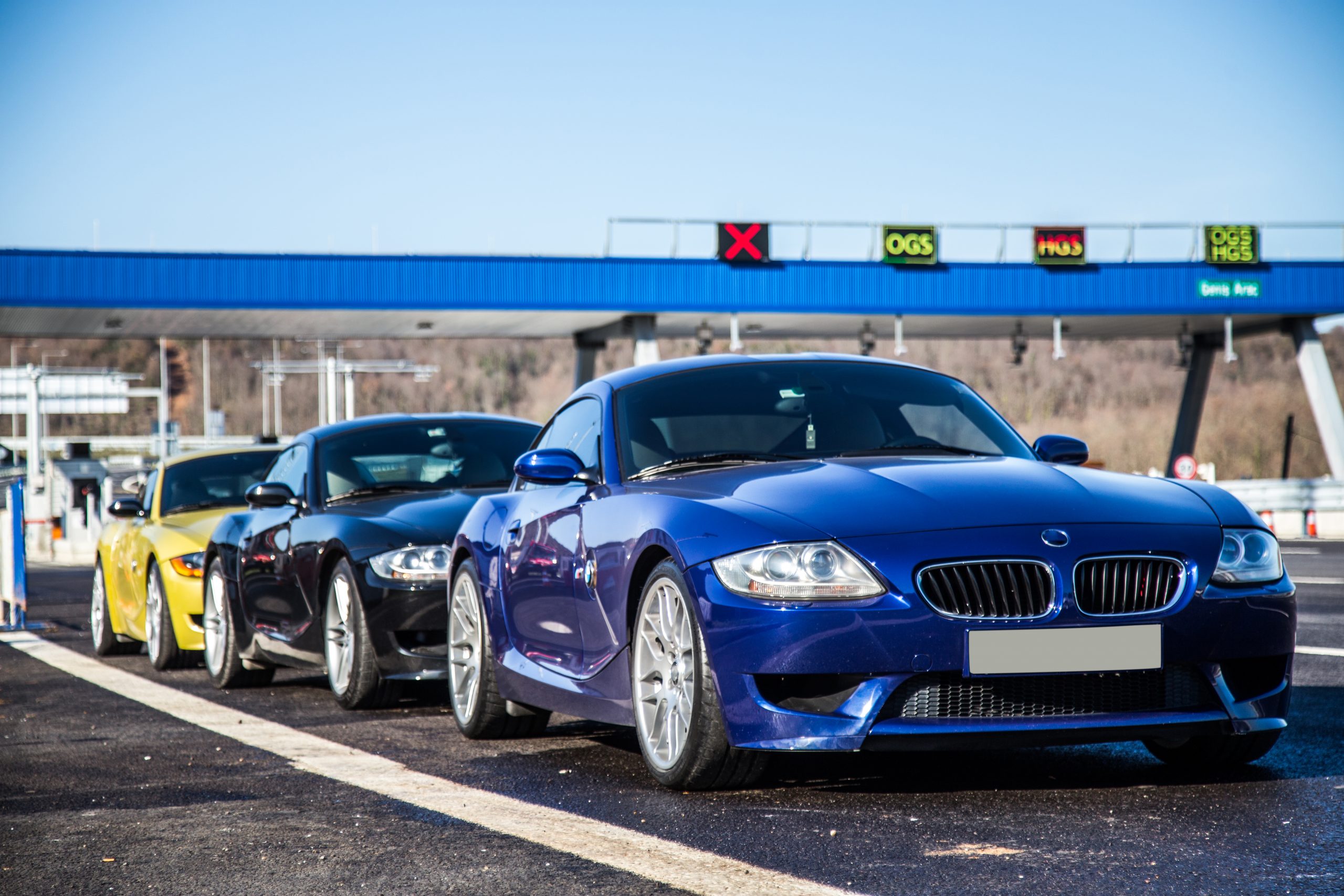As the world increasingly turns its attention to sustainability and environmental responsibility, the automotive industry is undergoing a transformation. Car brands are stepping up to lead the charge in the green revolution, creating vehicles that are not only eco-friendly but also performance-driven and stylish. From electric vehicles (EVs) to sustainable production practices, these brands are changing the way we think about cars.
1. The Shift Towards Electric Vehicles
Electric vehicles are at the forefront of the sustainable car movement. Traditional gasoline engines contribute significantly to pollution and carbon emissions, making EVs a cleaner alternative. Brands like Tesla, Rivian, and Lucid Motors are proving that sustainability and innovation can go hand in hand.
- Tesla has been a pioneer in this space, constantly pushing the boundaries of electric technology with impressive range and performance. Their models like the Model 3 and Model Y are setting the bar for mass-market EVs, while their cutting-edge Autopilot system adds a touch of futuristic driving.
- Rivian, a newcomer, has captivated the market with its rugged, off-road-ready electric pickup trucks and SUVs. With a focus on outdoor adventure and sustainability, Rivian’s R1T and R1S are redefining what electric vehicles can do.
- Lucid Motors is making waves with its luxury electric sedan, the Lucid Air, which boasts an impressive range of up to 520 miles on a single charge. Lucid’s commitment to performance and sustainability is evident in every aspect of the car, from its advanced technology to its sleek, high-end design.
2. Sustainable Manufacturing Practices
Sustainability doesn’t stop at the vehicle itself; it extends to the entire manufacturing process. Leading sustainable car brands are focusing on reducing their carbon footprint through cleaner production methods and eco-friendly materials.
- BMW has made significant strides in sustainable manufacturing, with its i3 and i8 models leading the way. The brand aims to use more recycled materials in their cars, reduce energy consumption in factories, and increase the use of renewable energy sources in production.
- Ford is also committed to reducing emissions and improving the sustainability of their vehicles. The new F-150 Lightning, an electric version of the iconic truck, is made with sustainable materials and assembled in a facility powered by renewable energy.
3. The Role of Hybrid Vehicles
Hybrid cars, which combine traditional gasoline engines with electric powertrains, are an important part of the transition to sustainable driving. These vehicles offer the convenience of gasoline with the efficiency of electricity, making them a great option for those who are not yet ready to fully embrace electric vehicles.
- Toyota is a long-time leader in the hybrid market with its Prius. Their latest hybrids, including the RAV4 Hybrid and Corolla Hybrid, offer better fuel efficiency and lower emissions than traditional gasoline-powered vehicles.
- Honda has also entered the hybrid game with its Clarity Plug-in Hybrid and Insight Hybrid models, providing drivers with an eco-friendly alternative without compromising on performance.
4. Charging Infrastructure and Eco-Friendly Technologies
As the number of electric and hybrid vehicles increases, so does the need for robust charging infrastructure. Many sustainable car brands are collaborating with partners to build charging networks that make driving green even more convenient.
- Tesla has built a proprietary Supercharger network that allows Tesla owners to quickly charge their vehicles, even on long road trips. This network is constantly expanding and ensures that Tesla drivers always have access to charging stations.
- ChargePoint, a leading electric vehicle charging network, works with a variety of car manufacturers, including BMW, Ford, and General Motors, to provide extensive charging options for EV owners.
5. The Future of Sustainable Car Brands
The green revolution in the automotive industry is far from over. As more consumers demand eco-friendly options, car brands are responding with innovative designs, cleaner production practices, and sustainable features. The future of sustainable cars looks promising, with new players entering the market and established brands doubling down on their green initiatives.
Brands like Volvo, Audi, and Porsche are already making strides with their electric and hybrid offerings, and more companies are following suit. Expect to see further advancements in battery technology, charging infrastructure, and sustainable materials, making it easier for consumers to embrace eco-friendly driving.
Conclusion
The rise of sustainable car brands is transforming the automotive landscape, and it’s an exciting time to be a part of the green revolution. With a focus on electric vehicles, sustainable manufacturing, hybrid technology, and expanding charging networks, these brands are not only making a positive impact on the environment but are also setting the standard for the future of driving. As we look to the future, we can expect to see even more innovations that combine sustainability with style, performance, and convenience.



